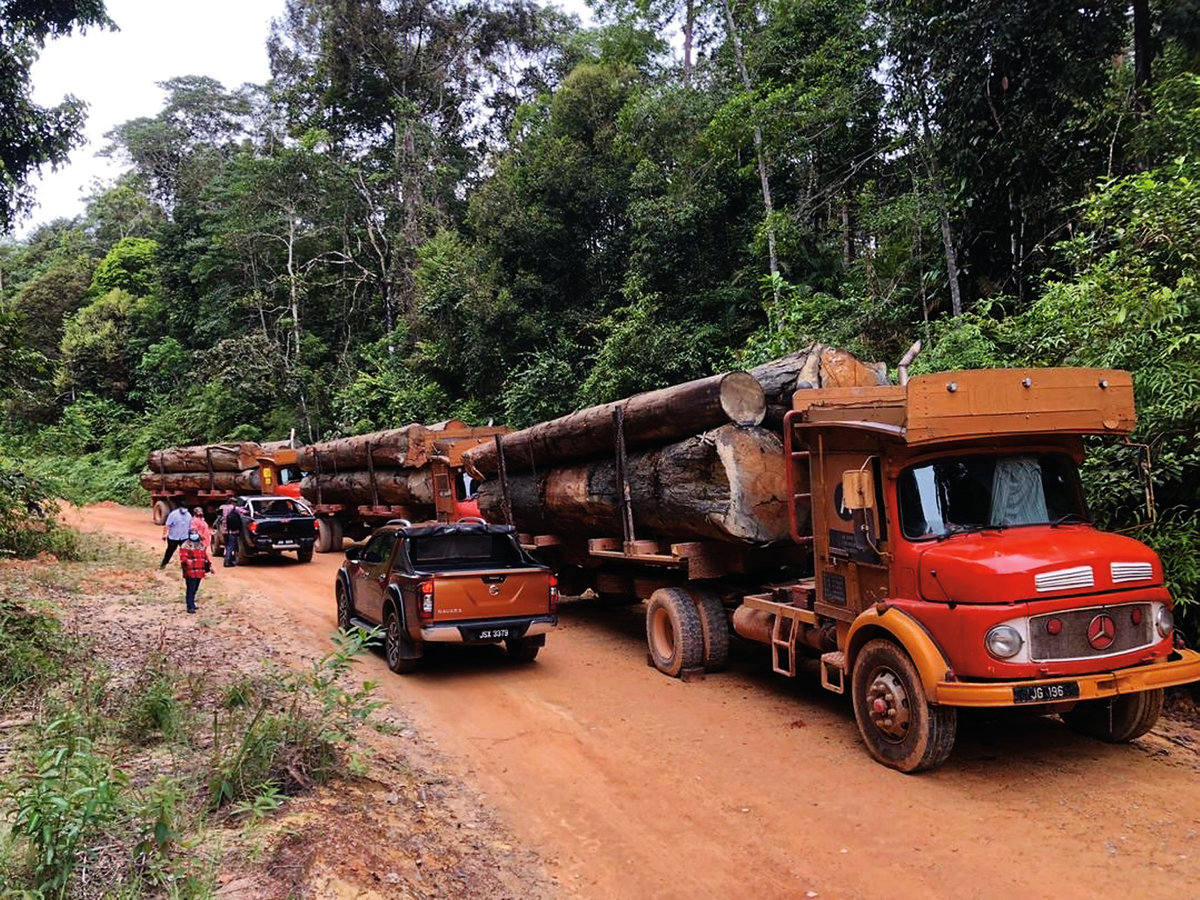PETALING JAYA: “It’s not enough to plant trees and print green brochures,” say local environmentalists as World Environment Day is celebrated today across Malaysia and around the globe.
While corporations champion sustainability in their marketing, activists say much of it amounts to greenwashing – public relations tactics designed to appear environmentally responsible without addressing the real damage being done.
RimbaWatch director Adam Farhan said the disconnect is increasing.
“We’re seeing companies promote ‘sustainability’ while simultaneously contributing to major environmental destruction,” he said.
“From so-called ‘eco-homes’ built on previously untouched forest land to fossil fuel giants declaring ‘carbon neutrality’ without any credible transition plans, this is deception (done) in plain sight.”
He added that the issue lies in vague buzzwords such as “eco-friendly”, “green” and “sustainable” – terms that are often used on product packaging without any substantiation or standard.
“Generally, the more generic the claim, the less credible it is.”
“We’ve seen ‘1.5°C compliant’ logos and so-called ‘Green Certified’ products that have no third-party verification.”
RimbaWatch has also flagged timber companies for abusing weak certification systems.
“Logging concessions under the Malaysian Timber Certification Scheme have been involved in forest conversion and violations of indigenous rights, yet the timber is still marketed as ‘sustainable’.”
Even more concerning are fossil fuel companies promoting “net zero by 2050” pledges, often backed by questionable carbon offset schemes.
“Most of these offsets are unverified and located overseas. It’s not just greenwashing, it’s environmental disinformation.”
Malaysia currently lacks legal mechanisms to define or penalise greenwashing.
In response, RimbaWatch has launched a Green Claims Guide and is urging the government to amend the Consumer Protection Act and introduce enforcement tools.
“Without proper regulation, companies will continue misleading the public with impunity,” he said.
“This isn’t just a branding issue; it’s an environmental justice issue. If we don’t call it out, we’re complicit.”
Zero Waste Malaysia (ZWM) stated that many Malaysians mistakenly believe terms such as “biodegradable” and “compostable” imply guilt-free consumption.
“Biodegradable plastics are still plastic. They’re single-use items that require industrial composting facilities, which Malaysia doesn’t even have,” ZWM told theSun.
Even “home-compostable” products demand strict testing conditions and reliable collection systems, another infrastructure gap the country has yet to address.
ZWM said the root of the problem is a lack of public understanding.
“Greenwashing spreads misinformation to build brand trust. People see a leaf logo or the word ‘bio’ and assume it’s environmentally friendly. But that mindset fuels overconsumption and poor waste management.”
ZWM added that recycling is another area rife with misconceptions. Only certain plastics – such as those used in water bottles, shampoo containers, and some food packaging – can be recycled.
Most other items, including paper cups and snack wrappers typically end up in landfills.
To combat the confusion, ZWM has launched Trash Encyclopaedia and quizzes to help Malaysians decode packaging labels.
“We’ve found major gaps in public awareness. That’s why consumer education is so important.”
Currently, MyHijau is the only green product certification system in Malaysia, managed by the Malaysian Green Technology and Climate Change Corporation.
However, many products still carry unverifiable green claims with little to no oversight. ZWM is advocating extended producer responsibility laws to hold companies accountable throughout the entire lifecycle of a product.
“Malaysia needs stricter governance on terms like ‘biodegradable’ and ‘bioplastics’.”
The message is clear, focus less on labels and more on reducing consumption.
“There’s no such thing as a perfect zero waste solution. But if you must consume, choose reusable, durable options and understand how your choices impact the planet.









